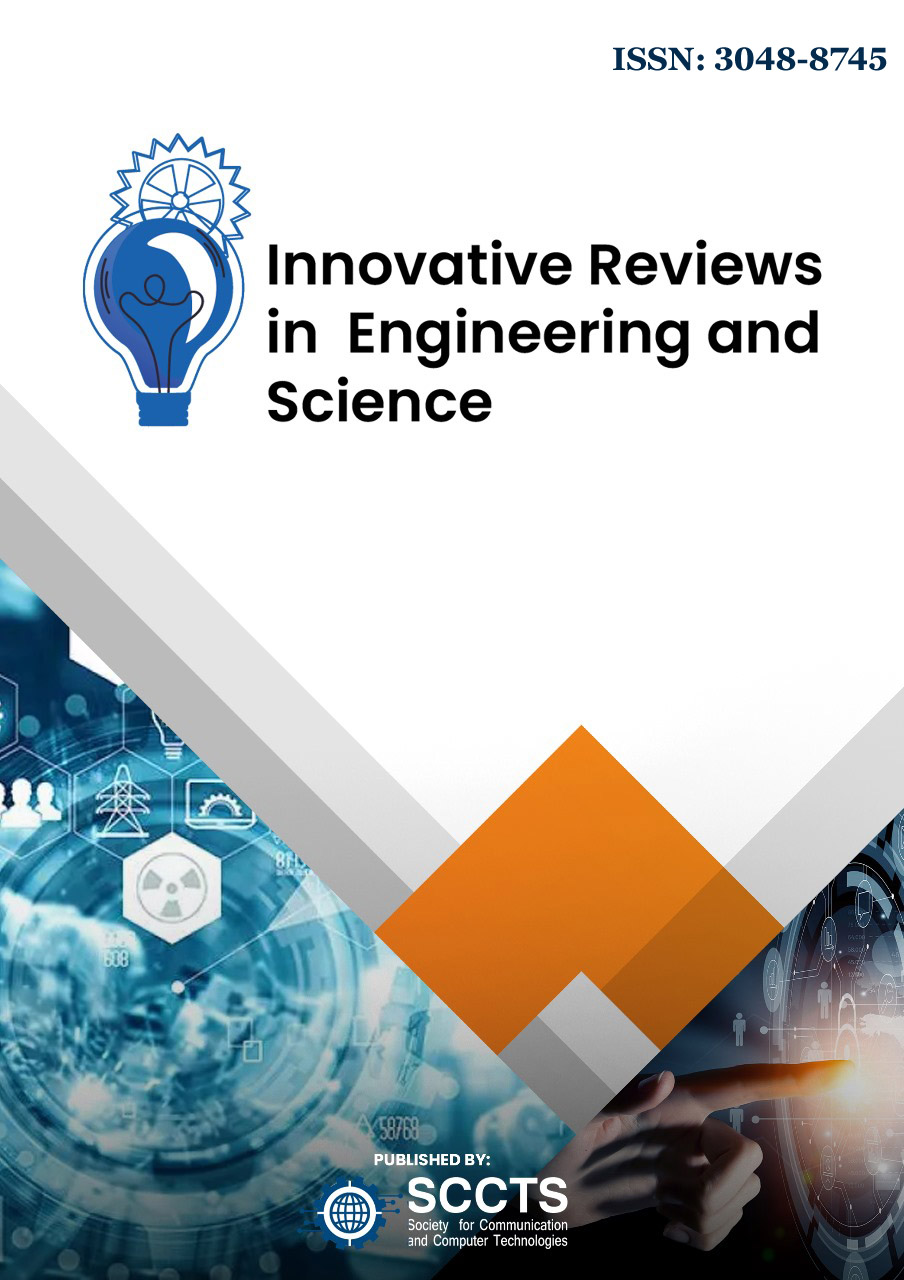Advances in Functional Nanomaterials for Energy Storage and Conversion: A Comprehensive Review of Mechanisms, Materials, and Applications
DOI:
https://doi.org/10.31838/INES/03.02.13Keywords:
Functional nanomaterials, energy storage, energy conversion, batteries, supercapacitors, electrocatalysts, photocatalysis, MOFs, perovskites, nanotechnologyAbstract
Moving towards durable and efficient energy regimes requires new materials that will offer high performance energy storage and conversion. The review highlights the latest developments in functional nanomaterials and elaborates on their structural composition, synthesis methodologies as well as their potential applications in the area of batteries, supercapacitors, fuel cells and photocatalytic/electrocatalytic systems. The key task is to investigate the role of nanomaterials (i.e. metal oxides, carbon-based materials (e.g. graphene, CNTs), metalorganic frameworks (MOFs), perovskites, and transition metal dichalcogenides (TMDs)) in the improvement of the device performance due to its morphology engineering, quantum confinement effects, and interfacial design. The approaches to the synthesis (e.g., sol-gel, hydrothermal, CVD, electrospinning) are evaluated comparatively to note the possibilities of scaling it and its cost and environmental impact. Critical discussion on key performance indices such as energy density, power density, cyclic stability and charge transport dynamics are discussed. Limits to modern technologies which are structural degradation, poor cycle life, and interfacial charge recombination are also identified in the review and addressed by heterostructure engineering and hybrid nanocomposites. Combining the knowledge of the recent experimental and theoretical works aimed at smart hybrid nanostructures and green synthesis, the article proposes the future perspectives of green synthesis, smart hybrid systems, and materials discovery with the guidance of AI. This review was created with the intention of forming the basis on which other researchers and engineers work on new generations of multifunctional nanom.





